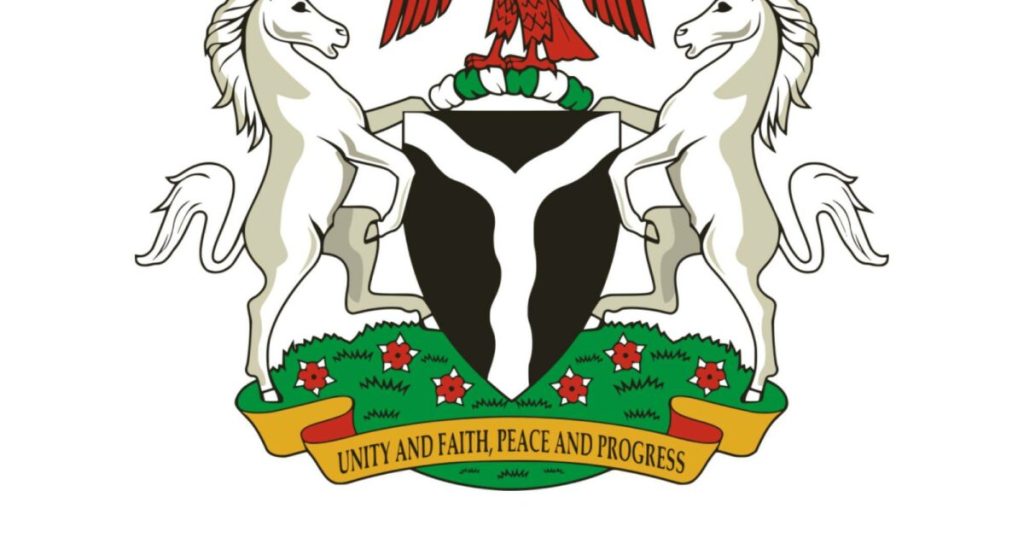Nigeria’s coastal regions, stretching along the Atlantic Ocean, are facing a growing crisis of environmental degradation and infrastructural damage due to the escalating impacts of flooding, erosion, and pollution. These coastal zones, vital for the nation’s economy, biodiversity, and the livelihoods of millions, are increasingly vulnerable to the combined pressures of natural forces exacerbated by climate change and unsustainable human activities. Recognizing the urgency of this situation, the Nigerian Federal Government, through the Ministry of Environment, has embarked on a critical initiative to develop a comprehensive Integrated Coastal Zone Management (ICZM) policy. This policy framework aims to provide a structured and inclusive approach to addressing the multifaceted challenges confronting the nation’s coastal ecosystems and communities.
The ICZM policy represents a crucial step towards a more sustainable and resilient future for Nigeria’s coastal areas. It seeks to shift from reactive measures to a proactive, integrated strategy that considers the interconnectedness of environmental, social, and economic factors. This holistic approach recognizes that effective coastal management requires collaboration among various stakeholders, including government agencies, local communities, private sector entities, and research institutions. By fostering participatory decision-making and incorporating diverse perspectives, the ICZM policy aims to create a framework that balances the needs of development with the imperative of environmental protection.
The urgency for such a policy is underscored by the increasing frequency and intensity of flooding events, which are causing widespread damage to infrastructure, disrupting ecosystems, and posing significant risks to public health in coastal communities. Erosion, driven by rising sea levels and unsustainable land-use practices, is further exacerbating the vulnerability of coastal areas. Pollution from various sources, including industrial discharge, agricultural runoff, and plastic waste, is degrading water quality and threatening marine life. These converging challenges demand a comprehensive and coordinated response to mitigate their impacts and build resilience in the face of future threats.
The development of the ICZM policy is a complex undertaking that requires careful consideration of the diverse and sometimes conflicting interests of various stakeholders. The consultative workshop held in Abuja served as a crucial platform for engaging with these stakeholders and gathering input to shape the policy framework. This participatory approach is essential for ensuring that the policy is not only effective but also equitable and reflects the needs and priorities of the communities most directly affected by coastal issues. The workshop provided an opportunity for experts, government officials, and community representatives to share their knowledge, experiences, and concerns, contributing to a more robust and informed policy development process.
The Federal Government, through the Ministry of Environment, has expressed its strong commitment to the development and implementation of the ICZM policy. Recognizing the economic and ecological significance of Nigeria’s coastal regions, the government is determined to create a framework that safeguards these vital resources for present and future generations. This commitment underscores the importance of transitioning from ad-hoc responses to a more strategic and integrated approach to coastal management. The ICZM policy is envisioned as an actionable framework that will guide decision-making and resource allocation to ensure the sustainable use and protection of Nigeria’s coastal and marine ecosystems.
The successful implementation of the ICZM policy will require ongoing collaboration and engagement among all stakeholders. Regular monitoring and evaluation will be crucial to assess the effectiveness of the policy and adapt to changing conditions. Building capacity within government agencies and local communities will be essential for ensuring that the policy is effectively implemented on the ground. By fostering a culture of collaboration, innovation, and adaptive management, Nigeria can effectively address the complex challenges facing its coastal regions and build a more sustainable and resilient future for its coastal communities and ecosystems. The ICZM policy represents a significant step towards achieving this goal.














